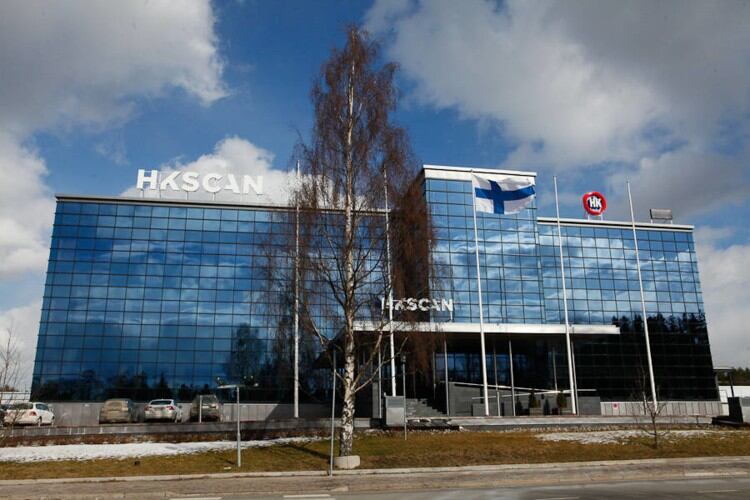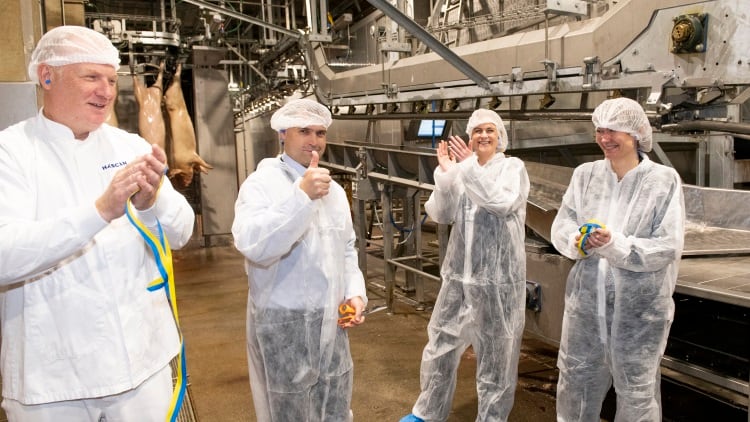In its interim report for the six months to 31 March, the business reported net sales of €401.8m, down from €411m in the previous year, while its EBIT was a loss of €14.7m, albeit lower than the previous year’s loss of €18.3m.
HKScan CEO Tero Hemmilä said the company’s situation had improved compared to previous quarters but there was more to be done.
“HKScan’s first-quarter result was negative, but improved clearly from the comparison period,” he said. “We are not satisfied with the results reported, but we see the root causes of the weak financial performance and continue to implement the agreed resolute actions for correcting our financial performance.”
Earlier this week, HKScan announced it had completed its company-wide cost-saving review, with the loss of 183 jobs, which was designed to save €10m.
“The cost-saving and development actions, started and boosted after the beginning of the year together with the actions begun last year, started to record results,” he added. “The most significant factors affecting the improved financial performance were the positive development of our Finnish poultry business and the related Rauma operations. Moreover, successful operational efficiency improvement actions in all market areas and firm cost reduction measures contributed to the result. The improved performance of the Finnish poultry business was visible in the improvement of both cash flow and EBIT. The EBITDA of the Rauma unit turned positive during the first quarter.”
New management team
HKScan recently put in place a new management team, which is preparing a three-year programme for the company, aiming to restore its profitability to the level of leading companies in the industry. The content of the profitability improvement programme and the company’s updated strategy is expected to be communicated in the summer.
Hemmilä outlined the plans for the business for the future. “Our ambition is to restore our brand leadership position in selected categories and concentrate on developing and growing these categories. We will further increase our efforts in our sustainability work as a key part of the foundation of our business. Participation in the climate change-related dialogue will increase in importance for us.
“We see the poultry and meals businesses as the strategic long-term development growth directions. In red meat, we want to have a strong development approach and proactively respond to consumers’ sustainability-related potential concerns. We are also openly and more widely examining our role and share in the consumer’s diet and are actively assessing our business portfolio.”




